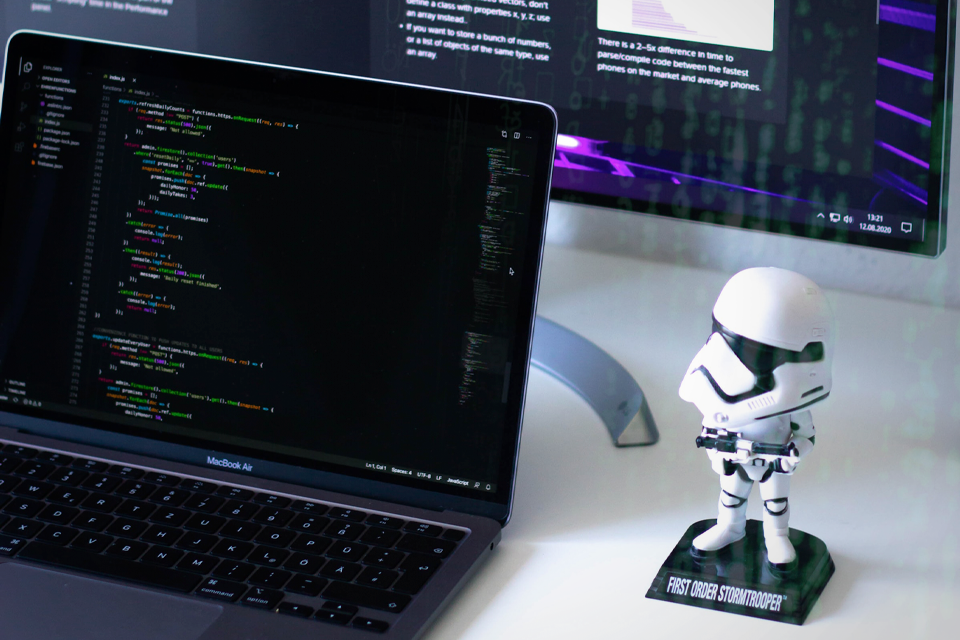Introduction
As any seasoned business owner knows, operations can’t run one-hundred percent of the time. Whether you only shut down overnight, close on weekends or take regular holidays away, there are going to be times where no one is in the office monitoring the computer systems. When that happens, the risk of a security breach goes way up. Read on to protect your business even when you’re shut down or working remotely, and don’t become a target for cyberthreats.
Where People Go Wrong
There are plenty of reasons why businesses may leave their devices on, even in long periods when people might be out of the office. For instance, the drastic shift toward work from home and remote working opportunities has made it more common for people to remotely log into their work network using dedicated, secure software. This keeps all the company information on its secure server and still gives employees uninterrupted access to their workflow.
Consider the holiday season that just passed. How long did you take off for the winter holidays? Did you at least shut down for New Years? Did you leave anything running while you were gone, if only to keep track of orders or continue processing requests? Maybe you have a program that logs data 24/7, every day of the week, or you’re running constant security scans to protect your confidential files.
Keeping your devices running can do more harm than good. Following are a few ways to protect business while you’re away.
Shut Down All Devices
It’s tempting to keep certain machines running at all times. Sometimes it’s as simple as having an old computer that takes awhile to power up, so it’s faster to leave it asleep while you’re gone overnight. But did you know that this actually presents a security risk that can be deadly for an organization?
Unmonitored equipment can become targets for cybercriminals. Close out of each window, log out and shut down before you leave for the day, and especially over weekends. Machines left running are more susceptible to breaches, and without anyone online or working, it will be too late by the time you log back in and try to edit corrupted or stolen files.
Ransomware is an increasingly prevalent threat for small- to medium-sized businesses, just as much as larger organizations. Simply shutting off all of your equipment before leaving for the day can be a big step toward fending off cybercriminals scouring for their next victim.
Double-Check Before You Go
This is especially true if you recently made an update or patch. Ethical hacking can check your security posture with penetration tests that entry points into the system and records how deep it can hack. Consider the following scenario:
You manage a software company that just released a new version just before the holidays. You also booked a week-long family vacation for the following week, and gave everyone in your small business the week off to be with loved ones. Just to be safe, you leave your main server turned on over the break so that you can keep processing requests and checking in remotely through the cloud.
Then while everyone’s gone, the business becomes a target for a cybercriminal. Without anyone monitoring the network, they’re able to break in through a backdoor vulnerability that was left unpatched in the last software update, and quietly steal files to hide behind ransomware. The next morning, you log in through remote access software like TeamViewer to check your email. When you go to send over the requested document though, you notice something very wrong on the internal network.
How can you prevent the same thing from happening next time you want to release a holiday update for your customers? By running a penetration test and vulnerability assessment before each launch, you’ll catch potential risks before hackers can exploit them and wreak havoc on your systems.
Conclusion
Between Covid variants and the usual priorities that pull you out of the office from time to time, it’s inevitable that your machinery will occasionally be left unattended. Sometimes that will be for more than just overnight between shifts. When shutting down your devices isn’t possible, ethical hacking (to catch vulnerabilities before they’re ever exploited) and quality cybersecurity can protect your business.
Cybercriminals don’t rest, so your security and precautions shouldn’t either. Consider cyber liability insurance and upgrading your preventative cybersecurity measures to protect you and your company from the fallout of a breach.
References
- https://cmitsolutions.com/blog/stay-cyber-safe-this-holiday-season



